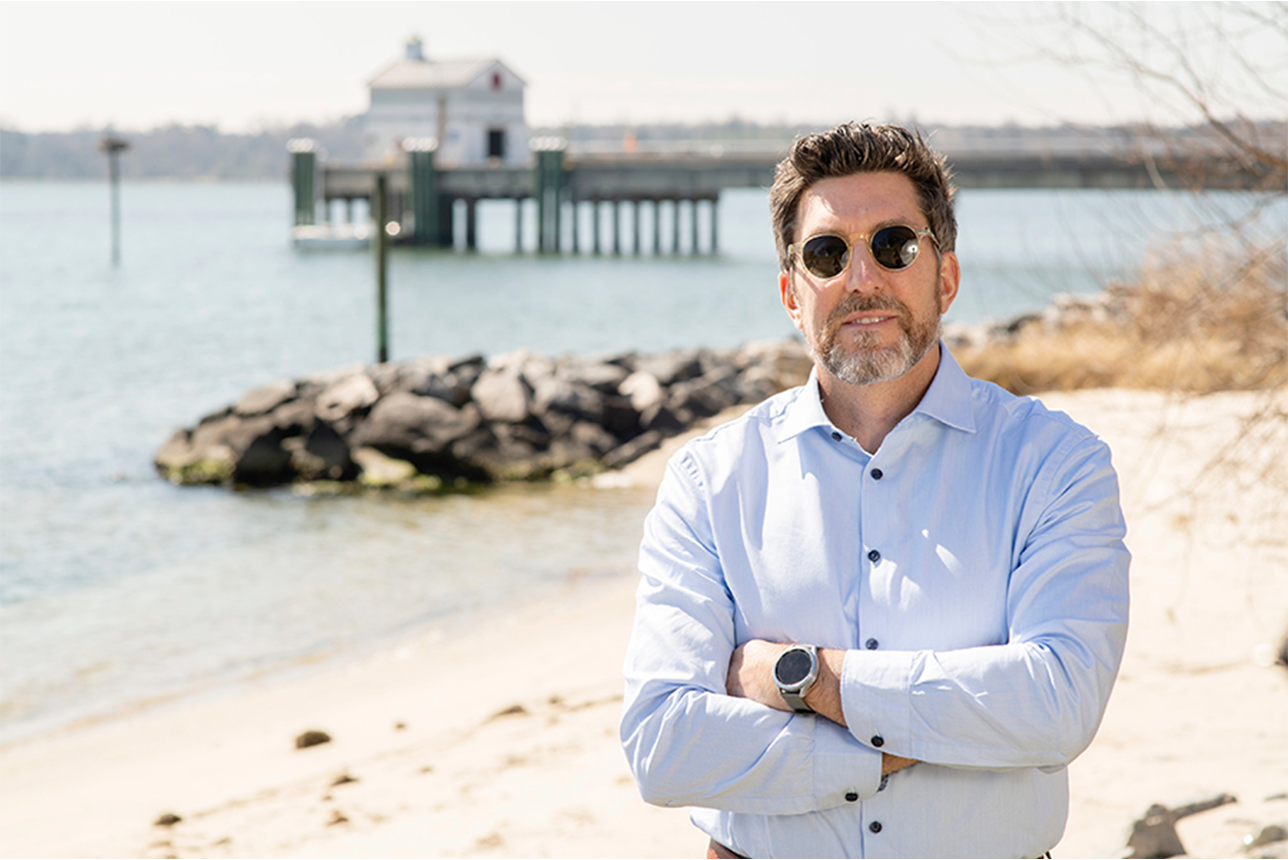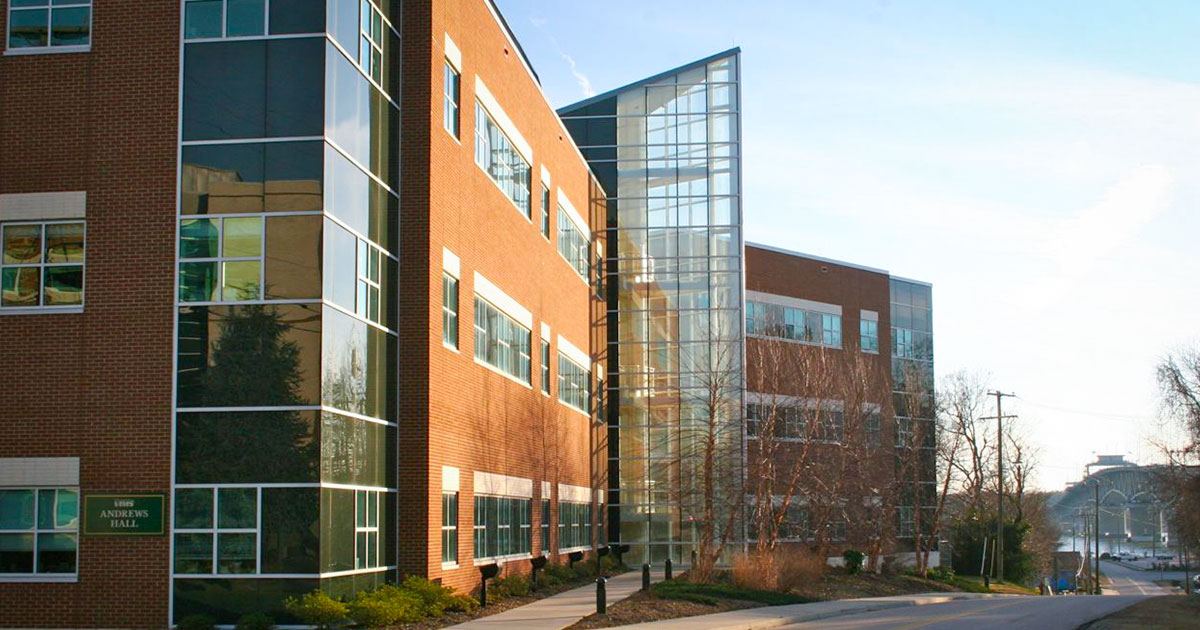
Q&A with Dean & Director Aday
VIMS Dean & Director Derek Aday shares more about the impetus behind the new organizational design, and how it will help power science for solutions.

VIMS Strategic Plan
VIMS' innovative strategic plan charts a course for VIMS to confront societal challenges in coastal and marine systems through innovation, research, and discovery, translate findings into practical solutions and train the next generation of scientists and citizens.
Multidisciplinary Sections at VIMS
-
Natural Resources
Providing translational science for sustainable management of coastal socio-ecological systems, especially fisheries and aquaculture.
-
Coastal & Ocean Processes
Connecting global trends and local drivers to understand and address environmental change.
-
Ecosystem Health
Connecting physical, chemical, biological, and socioeconomic systems to address environmental and community vulnerabilities.
Centers, Programs & Labs
VIMS has established a variety of research centers, programs, laboratory groups, and partnerships to address immediate and long-term issues in marine science. All share the common goals of providing superior research capabilities in marine and coastal sciences in collaboration with industry and governmental agencies. They support graduate student education and enhance rapid technology transfer from the Institute to commercial groups, coastal managers, and decisionmakers within Virginia and beyond.
Who We Are
VIMS is one of the largest and most respected marine research and education centers in the country. Our faculty and staff are deeply embedded in the communities they serve, and they have the expertise necessary to provide practical and meaningful guidance to policy makers and the public in highly-used and heavily-populated coastal and estuarine systems.

